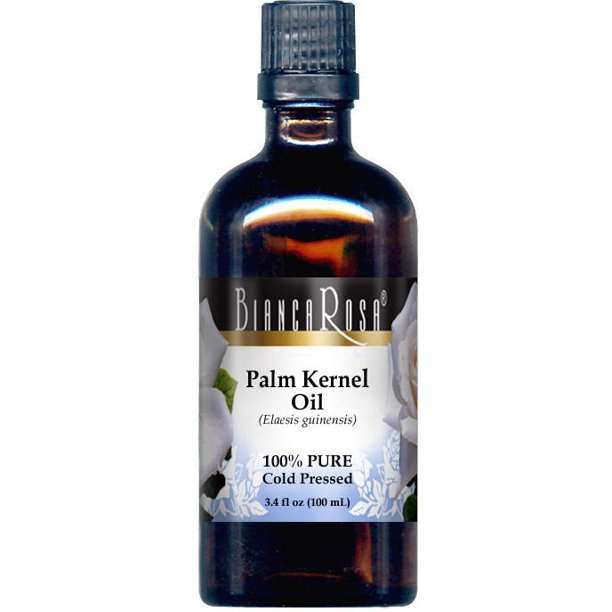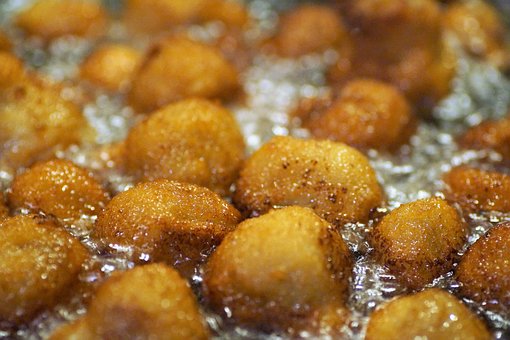Currently, palm kernel is among the world’s largest oilseeds, with an estimated production of 18.59 million tons in 2017. Its main world producers are Indonesia, Malaysia, Thailand, Nigeria, and Colombia, but Colombia and Thailand are the countries with the highest production growth rate.
Regarding progress on culture and also new areas of palm kernel applications, several alternatives have been studied, from improvements in crop and new methods to obtain the oil, to the development of new products such as biofuels, cosmetics, and food products. Palm kernel oil is popular for its healing properties across the southern and eastern part of Nigeria, palm kernel is known to offer numerous health benefits that help prevents and heal life-threatening illnesses.
It is also useful for cooking as it is free of cholesterol. As a matter of fact, medical practitioners do advise people suffering from heart problems and high cholesterol levels to make use of palm kernel oil when cooking because it is more beneficial to their health. According to recent studies, the dark black oil is primarily composed of fatty triglycerides, with approximately 80 percent saturated fats and 20 percent unsaturated fats. And it can be found in a number of products, including margarine, vegetable oil, shortening, creamers, chocolate, and ice cream.
Apart from being an anti-aging agent, palm kernel oil also helps in making the skin soft without the skin getting greasy in appearance. This is why most soap and cream industries have continued to make use of its oil as ingredients when producing their products.
Side Effects of Palm Kernel Oil
Palm kernel oil is extracted from the seeds of the palm. Palm oil is healthier than palm kernel oil because it has less saturated fat and higher antioxidant activity from its significant amount of vitamin E. Because palm kernel oil must be extracted from the seeds, it cannot be obtained organically. One tablespoon of palm kernel oil contains 116 calories, 13.5 grams of total fat, 11.0 grams of saturated fat, 1.5 grams of monounsaturated fats, and 0.2 grams of polyunsaturated fats.
While not as harmful as trans fat, saturated fat can raise bad LDL cholesterol and too much can negatively impact heart health, so it’s best consumed in moderation. While there’s no need to cut out all saturated fat from your diet, most nutrition experts recommend limiting it to 10% of your daily calories. Palm kernel oil is generally not considered a cause of allergic reactions. SEE: How To Identify Good Palm Oil vs Fake





